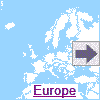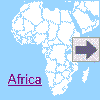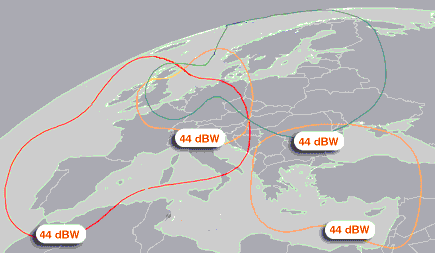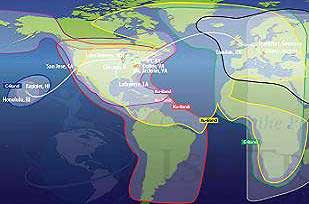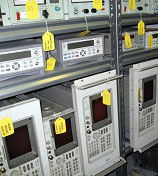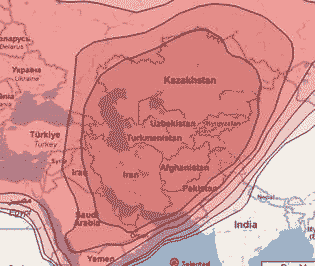Get set for a new satellite phone revolution
Posted by
world Jr at Friday, November 5, 2010
Remember Iridium? A decade ago, it was a satellite phone system that created a big flutter, and is best remembered as a key showpiece during the Kargil conflict when some television journalists used it. But Iridium phones were then clunky, and ebbed, as conventional phones became faster,
better and cheaper.
Guess what? Satphones are back again — in a second coming helped by new technologies that are set to replace the big phones with miniature devices at cheaper rates — and serving broadband content such as videos to remote areas, matching 3G services in strength.
While companies such as Solaris Mobile and Lightsquared are making it happen in Europe and the US, in India, a Bangalore-based startup called Devas Multimedia is at it, with its own technologies. I recently met Ramachandran Vishwanathan, its CEO, who earlier worked with global consulting firm McKinsey and Co.
Devas is a public private partnership (PPP) supported by satellites from the Indian Space Research Organisation, and has raised $250 million in venture funding from Deutsche Telekom and others. It plans to launch services by mid-2011.
The firm would use satellites with huge antennae that would be able to easily bounce off S-band signals. They will be aided by “gap fillers” resembling cell sites put up in places where indoor environments or tall buildings block signals.
A key point is that the satphones can be carried easily without having to point to the satellites. At an expected Rs 7,000, the handsets start relatively cheap. The service charges will be competitive.
Devas is aiming for customers in remote areas where 3G and conventional networks will take time to arrive, targeting public sector companies such as Power Grid that have operations in far-flung areas and the Railways –with the promise that passengers can watch live TV on the move.
“It is democratisation of convergence,” Ramachandran says, arguing that rural areas can have early broadband access with Devas while conventional operators stretch out from lucrative urban areas to optimise on investments.
Dublin-based Solaris Mobile, meanwhile announced this year a “mobile gateway” that allows direct reception of S-band services through a receiver that relays signals over WiFi. While details are emerging, it is clear that miniature “hybrid” satphones will revolutionise telecom further.
source: www.hindustantimes.com





